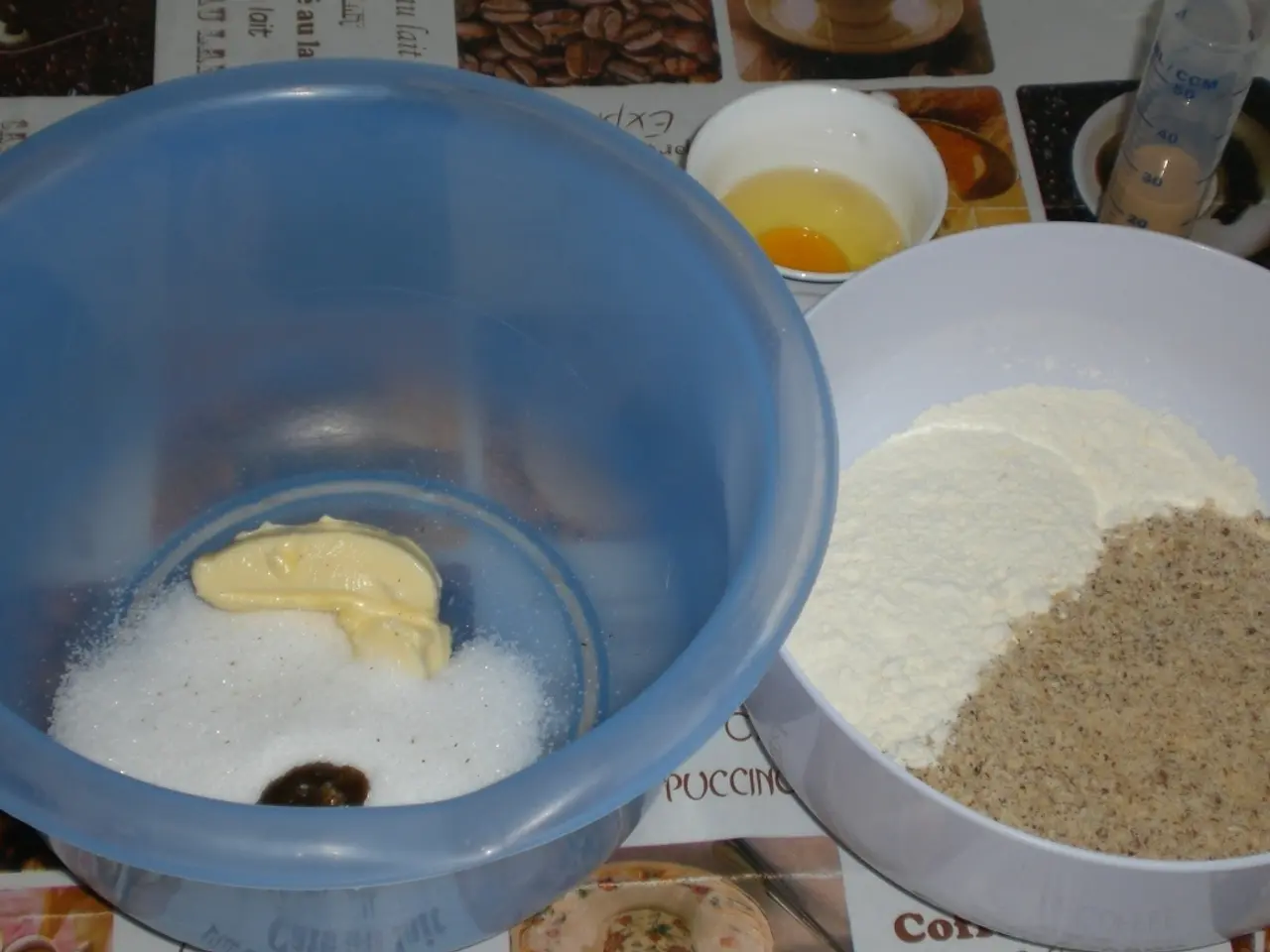Adult Stomach Disorders: Classifications, Origins, and Remedies
=========================================================
Colic, a term often associated with infants, can also affect adults. This article aims to shed light on the different types of colic, their causes, and potential treatments.
Colic occurs when there is an obstruction within a hollow internal body part, such as the intestines, gallbladder, rectum, kidneys, or ureters. The two most common types of colic in adults are biliary colic and renal colic.
Biliary colic happens when a gallstone temporarily blocks one of the bile ducts. This can lead to sudden, severe abdominal pain that can last for a few minutes up to 5 hours. The main cause of biliary colic is the formation of gallstones in the gallbladder. Treatment for biliary colic typically involves pain management, antibiotics if an infection is present, and often surgical removal of the gallbladder (cholecystectomy).
On the other hand, renal colic occurs when kidney stones move through the urinary tract and block the passage of urine from the kidney to the bladder. This results in severe flank pain. The main cause of renal colic is the formation of kidney stones, which are crystal-like lumps of minerals and salts that form inside the kidneys. Treatment for renal colic focuses on pain relief with analgesics and facilitating stone passage or removal depending on stone size and location.
Intestinal colic, often related to spasms or obstruction in the intestines, can also cause abdominal pain. This type of colic can be managed with pain relief and addressing underlying causes. Some traditional remedies like Tsaang Gubat have shown efficacy in alleviating biliary and intestinal colic pain.
It's important to note that anyone experiencing abdominal pain, particularly if they do not know the underlying cause, should contact a doctor. Other symptoms of intestinal colic include an inability to pass stool or gas, nausea, diarrhea, loss of appetite, and bloating.
While certain lifestyle changes may help reduce the likelihood of developing kidney stones and, in turn, reduce the risk of adult colic, there is evidence to suggest that kidney stones may run in families and may not be completely preventable.
In cases where medical treatment is necessary, a doctor may recommend pain relievers, anti-inflammatory drugs, antiemetic medications, surgery, drugs that dissolve stones, or shock wave treatment, depending on the type of colic.
In conclusion, colic pain arises due to obstruction (biliary ducts, urinary tract, or intestines), and treatment revolves around relieving obstruction when possible, managing pain, and treating any associated infection or inflammation. Always seek medical advice if you experience persistent or severe abdominal pain.
- Cancer often brings with it a persistent pain, depending on the location and stage of the disease.
- Living with chronic conditions like cancer, asthma, or ulcerative colitis can lead to depression due to the constant health challenges.
- Persistent health issues, such as chronic kidney disease or atopic dermatitis, can negatively impact one's health and wellness.
- Science and medical advancements have enabled predictive testing for various health-related conditions, including breast cancer and lung disease.
- Many people seek alternatives to traditional medicine for managing conditions like colitis and cholecystitis, turning to treatments like Tsaang Gubat.
- While science offers numerous solutions for mitigating chronic diseases and improving digestive health, adherence to treatment plans is crucial.
- Some medical conditions, like kidney stones, can run in families and may not be completely preventable; yet, a healthier diet and hydration can reduce the risk.
- Sufferers of gallstones may experience pain in the abdominal region, a symptom shared by other digestive conditions like colitis and cholecystitis.
- In addition to pain management, the prediction and prevention of medical conditions like cancer, depression, and asthma play important roles in health-and-wellness maintenance.
- Research on the causes and potential treatments for various medical conditions, like kidney stones and colitis, is ongoing and vital to improving patient care.
- Treatment for medical conditions like renal colic or intestinal colic may involve medications, surgery, or shock wave therapy, depending on the specifics of the case.
- Despite the availability of diverse treatments for medical conditions and chronic diseases, a consult with a healthcare professional is advised whenever abdominal pain arises alongside unknown causes or other symptoms.




